What are the differences between RIBs and SIBs?
In the water the difference is sometimes difficult to see: is it a RIB or a “normal” inflatable boat? The main difference between a RIB and an SIB (soft inflatable boat) is that a RIB has a hard bottom (usually polyester or aluminum) and a inflatable boat has a soft bottom. Below we will discuss the pros and cons of both types.
RIB (Rigid Inflatable boat)
Advantages: RIBs or rigid inflatable boats are designed with a solid, preformed V-hull. This is commonly referred to as a “Deep V”. This Deep V increases the power and performance of the RIBs in the water by optimizing directional stability and the ability to take off and climb to the surface for easier planing. The sturdy hull construction adds extra strength, allowing it to cut through waves, rough water and choppy conditions with ease and effort. This hull design on a RIB also gives it superior maneuverability and a higher top speed during planing. RIBs often also have more comfort such as a seat and / or a steering console. A RIB is also more durable than a polyester speedboat of the same size, because a RIB boat glides over the water, fuel consumption is much more efficient. RIBs are therefore also widely used for military and other professional purposes.
Cons: RIBs are a lot more expensive than inflatable boats with inflatable keels, you also have to take maintenance and storage costs into account. And when you have a RIB you usually also need a trailer to transport.
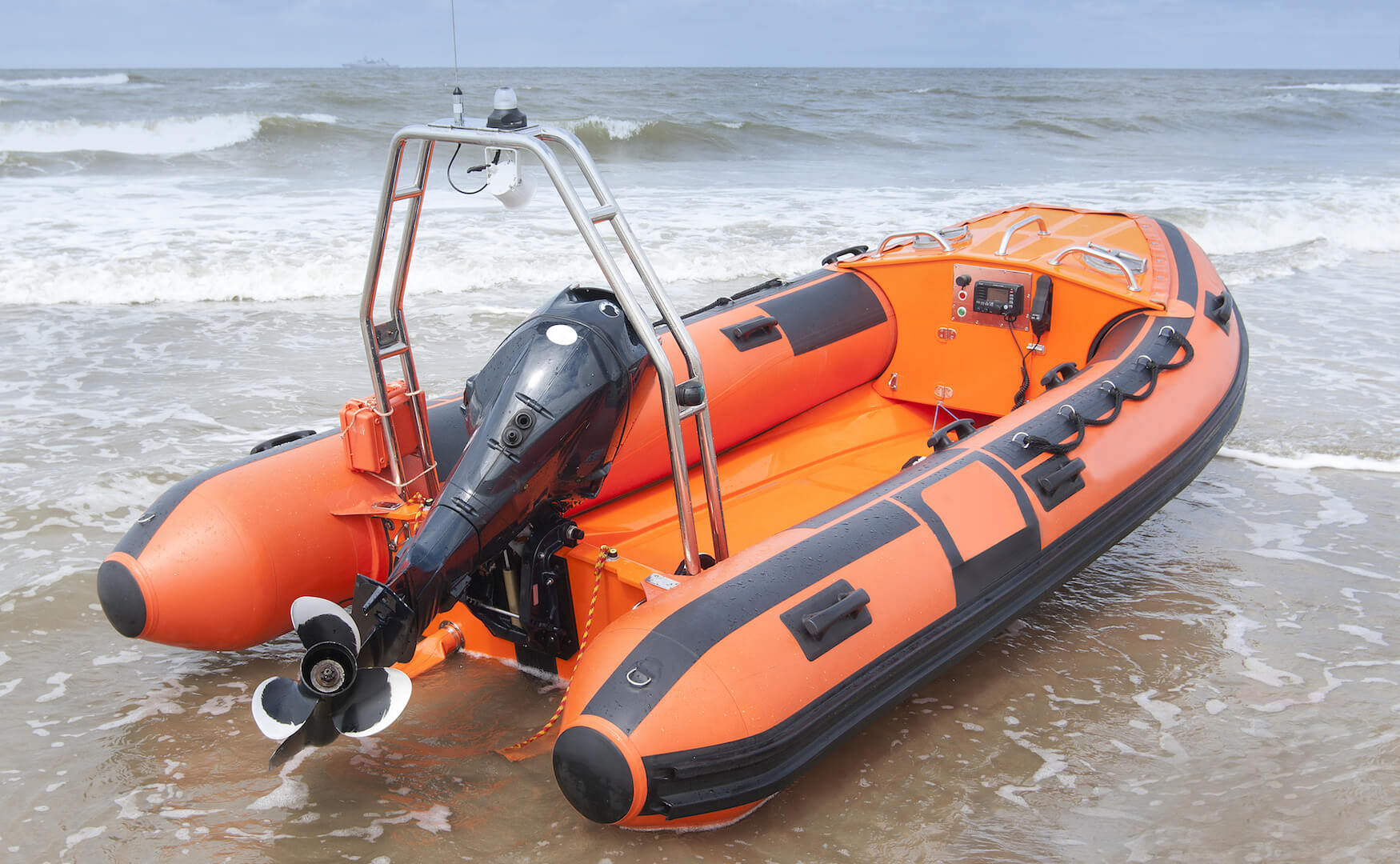
Inflatable boat or SIB (Soft Inflatable Boat)
Advantages: A big advantage of inflatable boats or SIBs is that they are much cheaper than a RIB. That doesn’t mean you get any less out of it when you compare their reliability and performance. Inflatable boats are incredibly versatile and easy to use in almost any waterway. Given the lightweight and soft hull, these dinghies are easier to prepare and store compared to RIBs. You can also deflate a dinghy without much effort and fold it into a smaller size. This makes them fit into small, tight spaces such as storage cabinets on boats or RVs, closets or even the boot of your car. In addition, inflatable boats do not need trailers.
Disadvantages: Regular inflatable boats are much lighter than RIBs and usually have an inflatable keel, which affects their performance with speed, maneuverability and payload. The inflatable keel doesn’t protrude as far into the water as a fiberglass deep V keel, which explains their lower top speed and reduced performance. But this is usually not a problem for most users.
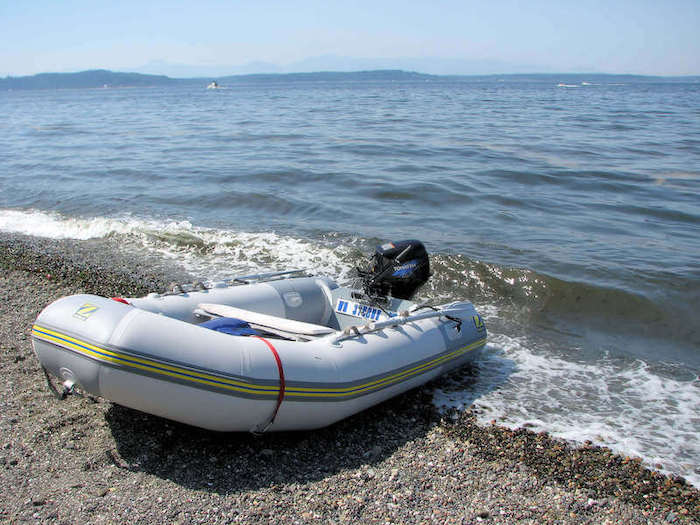
Featured products
See All Products- Sale!
- Sale!
- Sale!
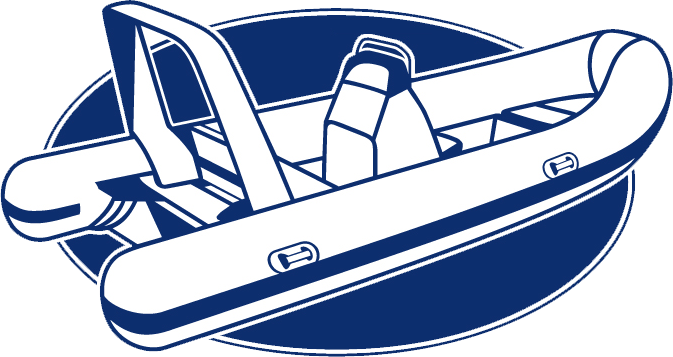

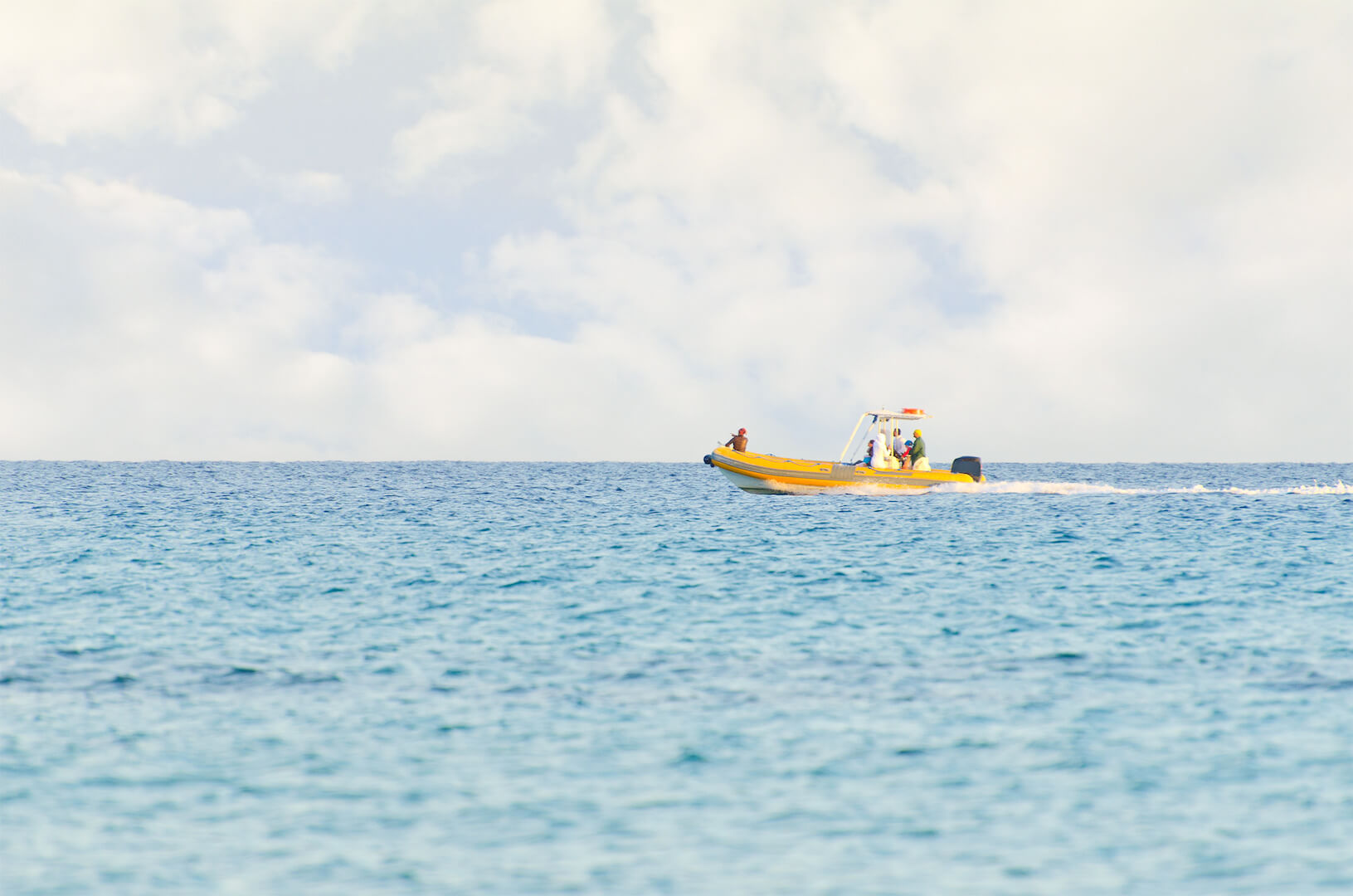
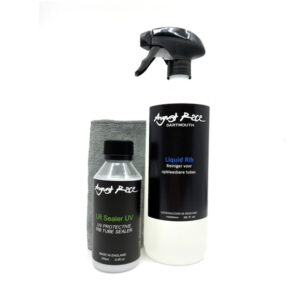
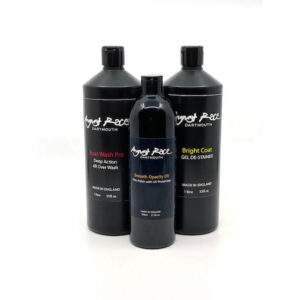
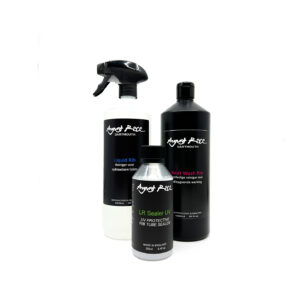
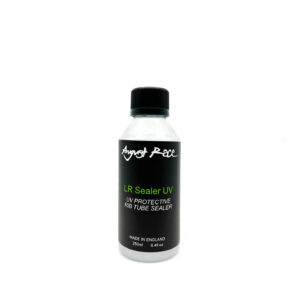
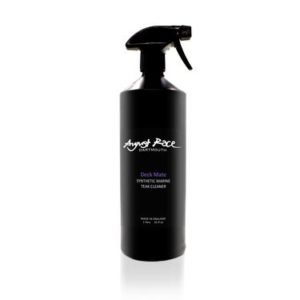
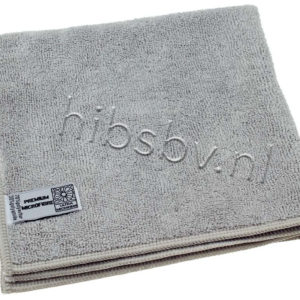
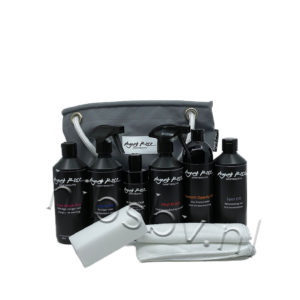
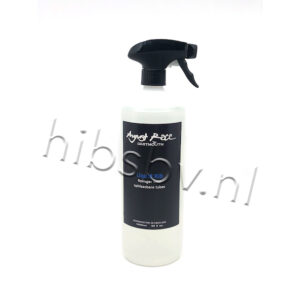

 Binnen 1 – 3 dagen
Binnen 1 – 3 dagen